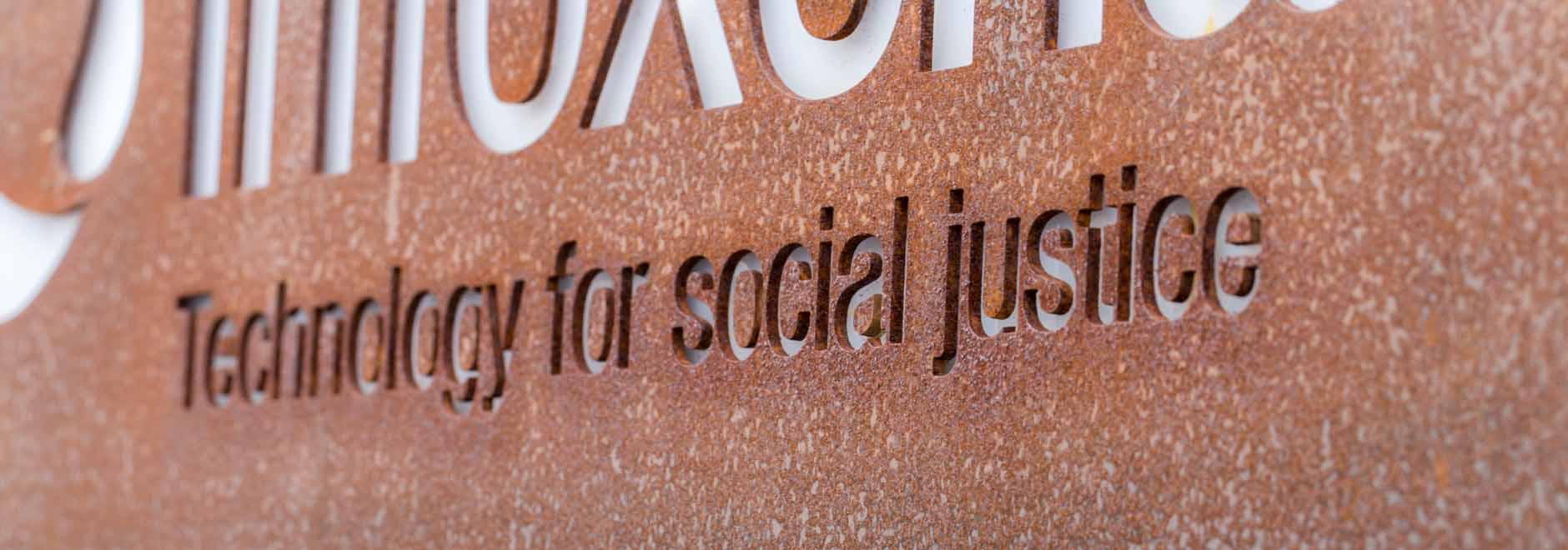
Rolling out more affordable web access
Infoxchange and the City of Darebin have established a partnership to create a demonstration project to show how low income and disadvantaged communities can be connected to the internet in an affordable way.
The demonstration project builds on the work that Infoxchange has been doing in high-density public housing estates in the City of Yarra. This ground-breaking work has seen nearly 2000 low-income households given the opportunity to have low-cost computers and internet services in their apartments.
Civil and democratic societies demand that everyone be able to access and share information. In the twentieth century, this meant being able to read and having access to print materials, radio and television. In the twenty-first century, it means having access to information and communications technology; it means digital inclusion.
The technological revolution is changing the way we live and work. And no society can survive at the forefront of advanced nations without taking advantage of the communication technologies that emerge as the society develops.
Universal access to the internet is now a fundamental infrastructure requirement of any civil and democratic society that espouses equal opportunity, equality and a fair go.
Our digital inclusion initiatives have been evaluated by an independent consulting company that has identified just under $6 million of economic return to the public housing estate in Fitzroy after four years of "being connected".
The City of Darebin has seen it as vital for both residents and the business community to be connected in the 21st century. After a study tour to explore what other municipalities are doing to address access issues Cr Gaetano Greco saw the benefits of Council involvement in ensuring affordable access for all.
The demonstration project in the City Of Darebin will provide Wireless Internet Hotspots in the Reservoir shopping precincts of Edwardes Street, Spring St/Epping Road and Broadway and adjacent residential areas.
The outcome will be a demonstration of how wireless hotspots can be established to assist in breaking down the barriers to accessing the internet in low income disadvantaged communities. The model developed will be transferable and replicable.
Digital inclusion will encompass and modify social inclusion, political inclusion and recreational inclusion.
Digital inclusion does not simply mean “connecting everyone to the internet”.
Digital Inclusion is about affordable access to information technology, economic development of disadvantaged communities, increasing user IT skills, the creation of relevant web-based content and the inspiration of local communities to lifelong learning.
Having a job, being healthy, participating in community life, having a stable home, and not being discriminated against, are fundamental aspects of the aspirations of most people.
It is critical to recognise, however, that for many disadvantaged people, affordability is the ultimate barrier and that equitable, universal internet access will not be achieved without recognition that the market cannot provide for all without deliberate and considered intervention.
Learn more about digital inclusion
